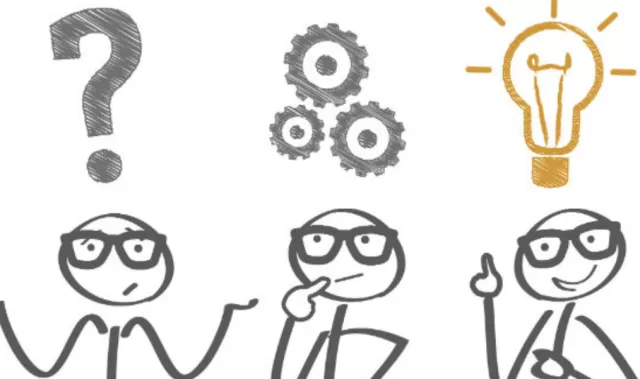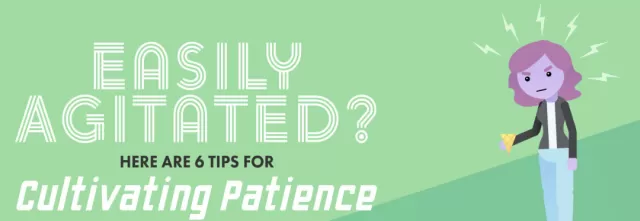Do you remember when we used to have to actually talk to someone or use a map to get directions? Or when buying new shoes required a trip to the mall instead of a few clicks with free two-day shipping? Back then, tasks and errands may have been more time-consuming, but they also helped to cultivate patience – a virtue that’s becoming increasingly rare in our hyperconnected world.
Today, we live in an era of instant gratification. We can stream entire TV series and get answers to our burning questions within seconds thanks to search engines. However, this constant need for immediate results has had a negative impact levels. According to a 2012 report by the Pew Research Center, hyperconnectivity has contributed to “a loss of patience” and a need for instant gratification.
Our lack of patience is also evident in other areas of our lives, such as when we’re stuck in traffic or waiting in line. A survey conducted by One Poll in 2019 found that the average person gets irritated if traffic lights don’t change after just 25 seconds.
It’s important to recognize the value of patience and the role it plays in our lives. By understanding why we’re becoming less patient, we can take steps to cultivate more patience in our daily lives.
Why Patience is More Than a Virtue: How it Can Boost Your Well-being

Developing patience and self-control can have a significant positive impact on your life and well-being.
Studies have shown that the ability to exercise self-control is linked to higher self-esteem, better academic performance, and improved interpersonal skills.
Take, for example, the famous “marshmallow experiment” conducted by psychologist Walter Mischel over 50 years ago.
The study offered 4-year-olds a choice between one marshmallow immediately or two marshmallows if they could wait for the researchers to return after 25 minutes. Follow-up studies revealed that those who had demonstrated patience as children were more likely to become patient adults, and they also had higher SAT scores, lower body mass indexes, and a lower divorce rate.
Furthermore, patient individuals tend to be more likable and pleasant to be around.
They are better at waiting their turn, listening to others, and avoiding conflict. According to Rona Renner, a registered nurse, and author, “Patience enables you to work collaboratively, have good relationships with others, and move toward goals.
By developing patience and self-control, you can become a more engaged, confident, and healthier member of society, while improving your relationships with others and achieving your goals.
Nature vs. Nurture: Is Patience Innate or a Learned Skill??

The development of patience is influenced by both nature and nurture for both adults and children.
Impatience can be rooted in biology, such as an overactive fight-or-flight response, anxiety, or depression, as well as feelings of entitlement. Brain development also plays a role in children and teenagers, with prefrontal circuitry still developing into the 20s, leading to impulsive behavior.
Nurture also plays a significant role. For instance, adults overwhelmed with obligations may find it difficult to handle delays calmly. Children learn from observing their role models, so if parents are impatient, children may adopt the same behavior.
Developing patience can be cultivated, however, and is a learned skill. Rona Renner, a registered nurse, suggests that learning to wait and modeling patience can help children become more patient.
With practice and effort, everyone can learn to wait patiently in various situations.
The Art of Cultivating Patience: Tips and Strategies

Patience is not an inherent trait that people are born with, but rather a combination of persistence, acceptance, and calmness that can be cultivated.
According to M. J. Ryan, an executive coach and author of The Power of Patience, those who possess these three qualities can navigate obstacles with greater ease.
While some individuals may naturally possess these traits, others can develop them through practice and conscious effort.
Allan Lokos, founder of the Community Meditation Center in New York City and author of Patience: The Art of Peaceful Living, explains that patience and impatience are emotions, not commodities. Therefore, individuals can adjust their behavior and “train” their brains to regulate their response to situations that may test their patience.
Through mindfulness practices and intentionally adopting a more patient mindset, one can learn to cultivate the art of patience.
*The information is for reference only.